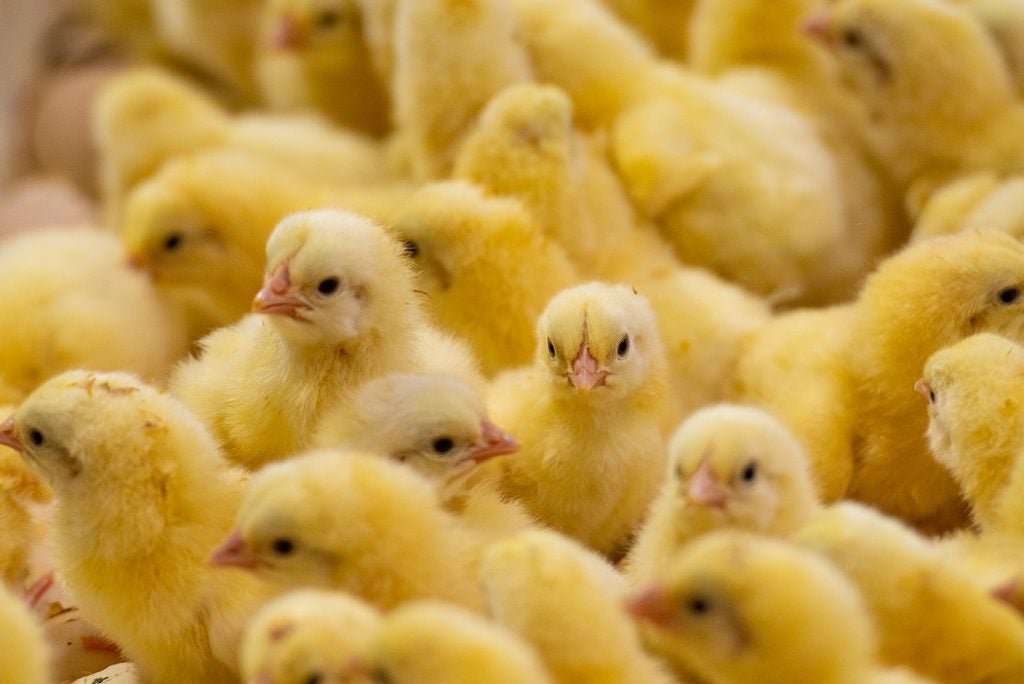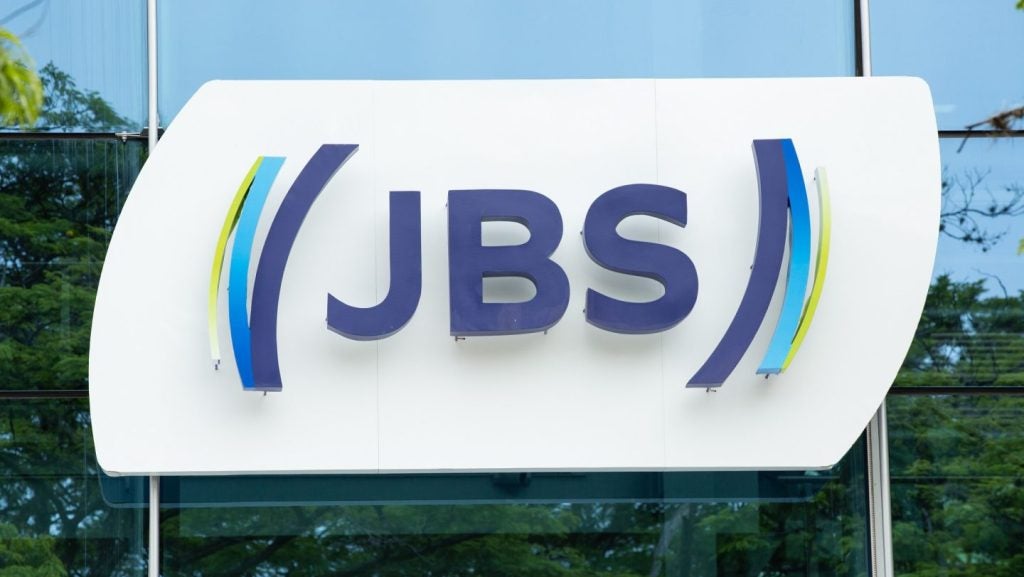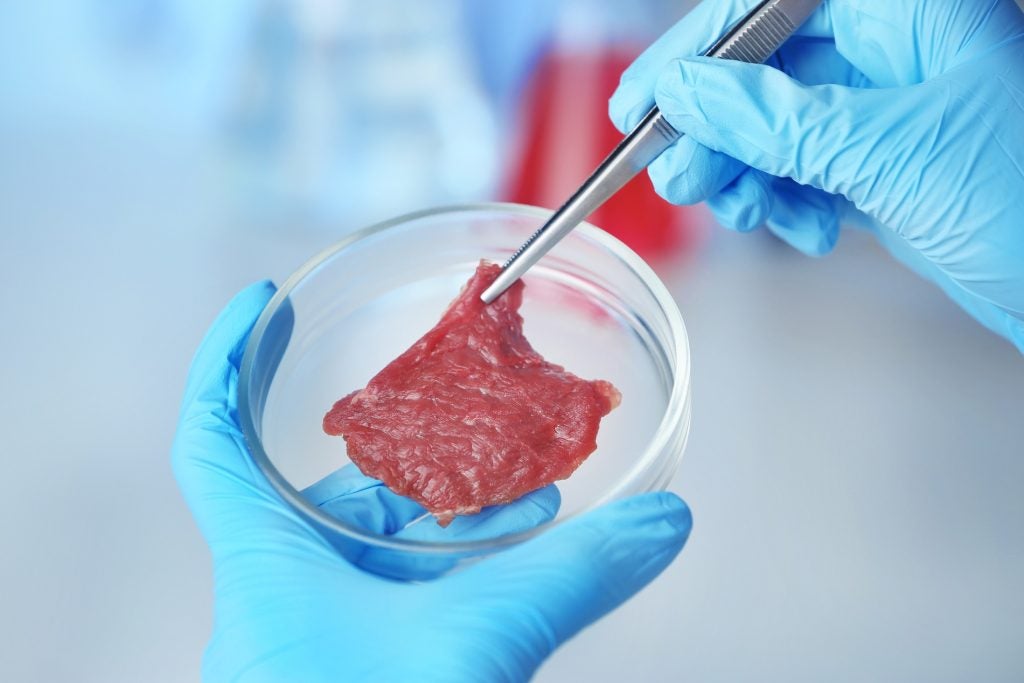An influential UK parliamentary committee has criticised the government for taking a “leisurely” approach to obesity and for not adequately tackling food security.
Following up on the government’s response to a report on food security, published in July, the Environment, Food and Rural Affairs Committee (EFRA) concluded there is an “incoherent approach to food policy across government” and emphasised the “need for policy coherence and strong leadership”, recommending a comprehensive review of departmental responsibilities and structures.
On the issue of obesity - which some campaigners believe could be tackled by restrictions on unhealthy foods - the committee stated its regret that the government’s ban on volume price promotions has been delayed for a third time, until October 2025, from the original date of April 2022, and questioned the rationale for this.
EFRA said: “The government’s response states that it has delayed the ban because it believes it could contribute to an additional rise in the cost of living. However, within its response, the government also acknowledged that volume price promotions encourage the over-purchasing of less healthy products. The committee is doubtful therefore whether the decision to delay the implementation of the restrictions will help consumers in the current cost-of-living crisis.”
Pointing out that the UK is facing the possibility of around 40% of the adult population being obese by 2035, the committee said it is disappointed by the government’s response that it will not commit to an impact assessment of the introduction of a sugar and salt reformulation tax.
On food security, the committee has urged a “sea change” in the government’s attitude.
It had called for an annually updated food-security report and an annual food- security summit to be chaired by the prime minister but said “in its response the government makes no commitment to any annual updates on food security”.
The committee’s earlier report also called on the government to examine whether low-income households are receiving enough financial support from central and local government and charities to ensure household food security without depending on support such as food banks. In its response, the government referenced the April 2023 rise in the National Living Wage as well as its support to households through the welfare system and the Healthy Start scheme.
The government has also rejected the committee’s proposal for a detailed study into whether the provision of free school meals should be extended.
The EFRA Committee’s earlier report had also raised the issue of labour shortages in the food and farming sector and urged the government to respond as an imperative to the recommendations of the Shropshire review on the subject. The government states its response to that review will be published by the end of the year.
In its report, the committee also argued that the government’s food strategy fell short of directly responding to Henry Dimbleby’s independent review, which it commissioned, and urged the government to publish a detailed response to each of the review’s recommendations.
Committee chair Sir Robert Goodwill MP said: “The government has the opportunity to act now to improve people’s health and their access to healthy food in the immediate term, by adopting the specific measures that we recommended.
"We are disappointed that in the midst of an obesity crisis, the government is taking a leisurely approach to tackling unhealthy eating habits and we are also concerned that current government measures do not adequately track food security, at either the household or the national level.”
Just Food has asked the government’s Department for Environment, Food and Rural Affairs (Defra) and the Department of Health & Social care for a response to the EFRA report.
















